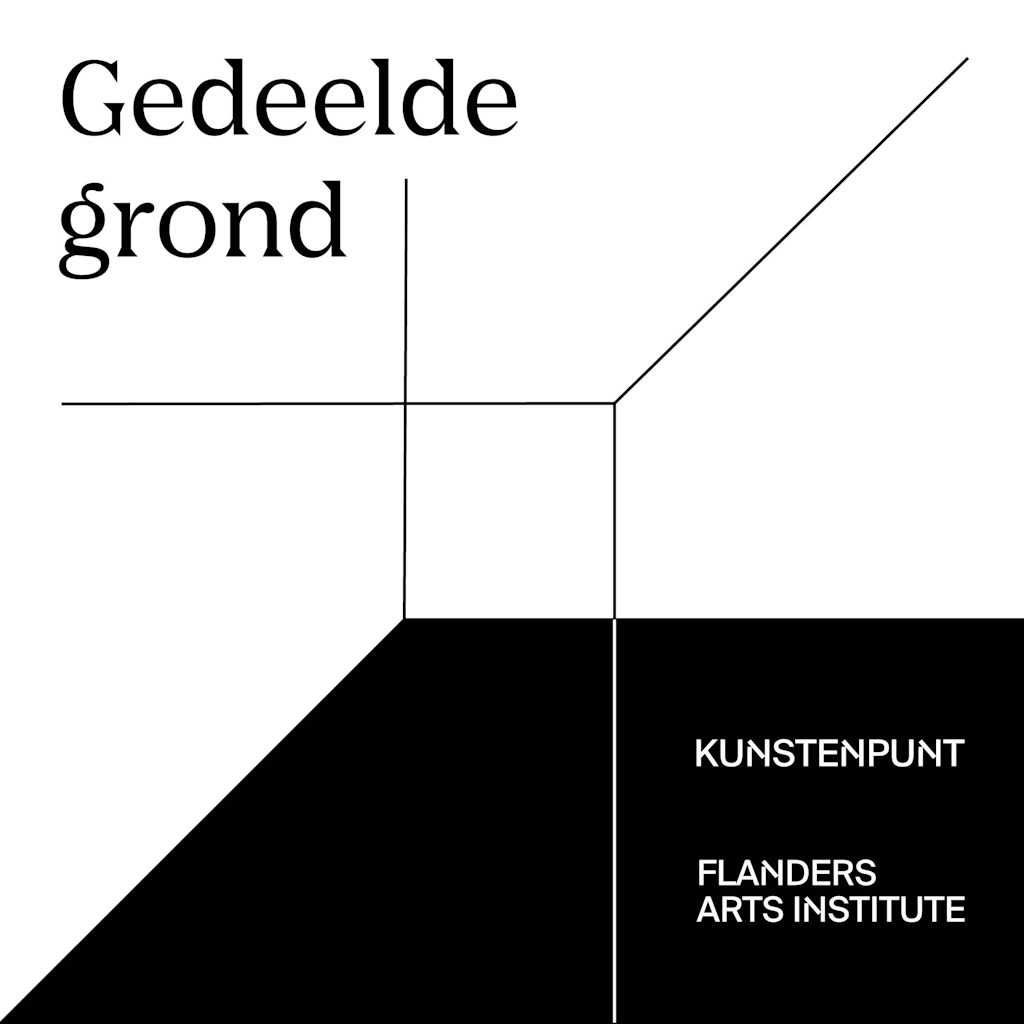Gedeelde grond (Shared ground) 6 – listen to the new podcast episode with Jan Van den Borre
Gedeelde grond is a series of conversations with arts professionals from Flanders. What do they dream about? What do they worry about? In the sixth episode, Jan Van den Borre of MA Festival talks about innovation in early music.
We are trying to show content from Spotify.
Kunsten.be only uses minimal cookies. To view content by a third party website, this site can place additional cookies. By continuing to browse you are agreeing to the use of those third party cookies.
Read more about our privacy policy?
Summary
Jan Van den Borre is artistic director at the MA Festival Brugge, which aims to bring innovation to the world of early music. But isn’t that a paradox? So how do you do that? For Jan, it mainly means: seeking connection with both other art forms and with what is going on in society. “Early music has become a very dogmatic sector. Some things were set in stone in 1975, and we keep bringing up those stone tables. I find that very limiting.”
“My biggest dream is that we can remove the barriers between different sectors.”
So Van den Borre invites not only musicians but also other creatives to curate, programme, play, photograph, write or create visual art in the hope that it will result in something greater than the sum of its parts. For instance, he asks young feminist author Dominique De Groen to write a mirror text to a performance based on Christine de Pizan’s 1405 La Cité de Dames, about a utopian society led by women. The result is not only a beautiful medieval concert, but also a starting point to reflect on the image of women in ancient music, art and society.
Van den Borre sees an evolution away from entrenched formats, citing examples like Lieselot De Wilde’s Figurine. “Was that a concert, music theater, a performance, (…) which took place in Concertgebouw Bruges but could just as easily be in an art gallery or in public space? We need to explore that.”
His motto? Don’t talk too much about what needs to change; just do it. Dare to break expectations and surprise people. And in doing so, be more mindful of identity.
In early music, people are mainly identified by their function or instrument. This way, many facets of a person which could contribute to the experience actually get lost. Van den Borre gives the example of a Canadian non-binary bass singing Ich Habe Genug, giving the cantata a completely different interpretation.
That notion of identity, he says, is much more alive among the new generation of musicians, although he notes that young people – and certainly women – are less likely to have the opportunity to slowly grow into a particular role. Yet in medieval and early Renaissance music, he sees some strong female musical leaders emerging “because there is no place for them in the later genres. There are some very big old oaks who take all the space there and don’t leave a square inch for anyone else, so those very interesting creators look for another repertoire and do incredible work there. With the very nice result that this music genre is now experiencing a real revival, much more identity-based, with a very open view towards society, towards people, towards gender.”
Finally, Jan makes a plea for dialogue: there are some sectors within the arts field that know each other very well, but also some that do not know each other at all, although there is overlap in terms of both audience and themes and aesthetics. He argues for sector moments that go beyond a particular niche and transcend disciplines. Because, according to Jan, something interesting always emerges from that kind of dialogue.
Recorded: May 29th 2023 at Flanders Arts Institute in Brussels.
Download the full transcript of the podcast (in Dutch)



